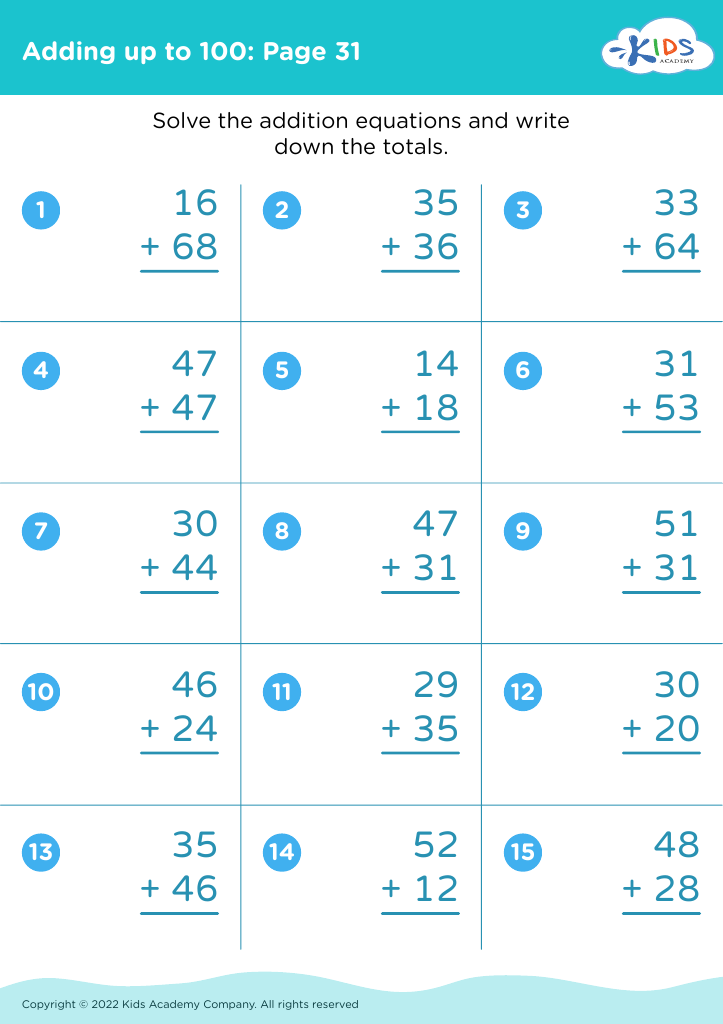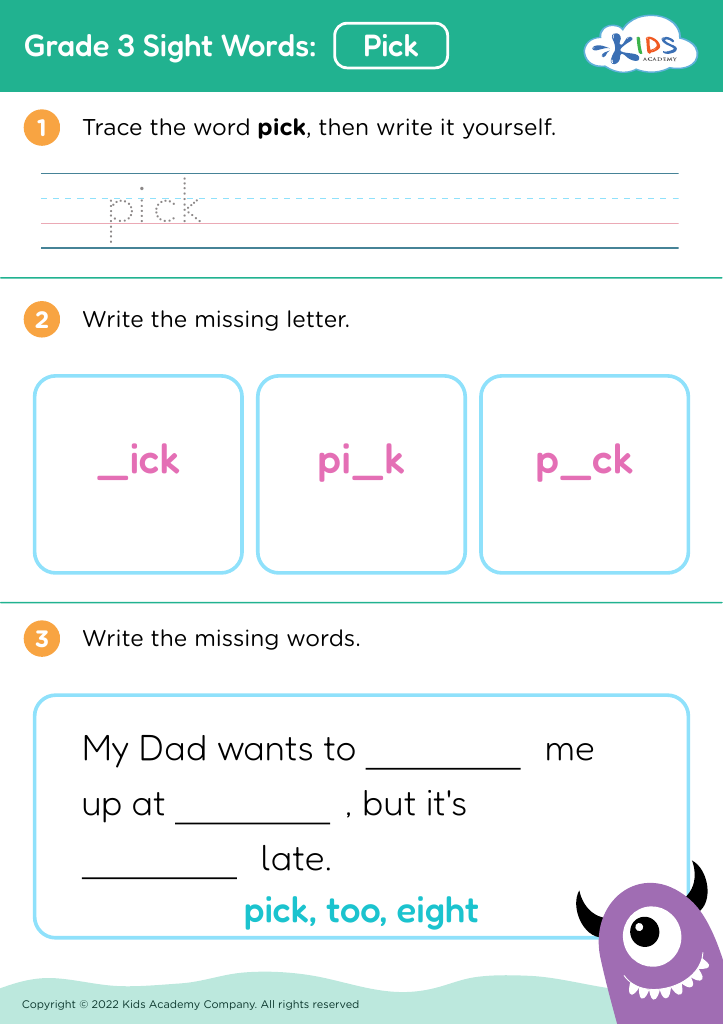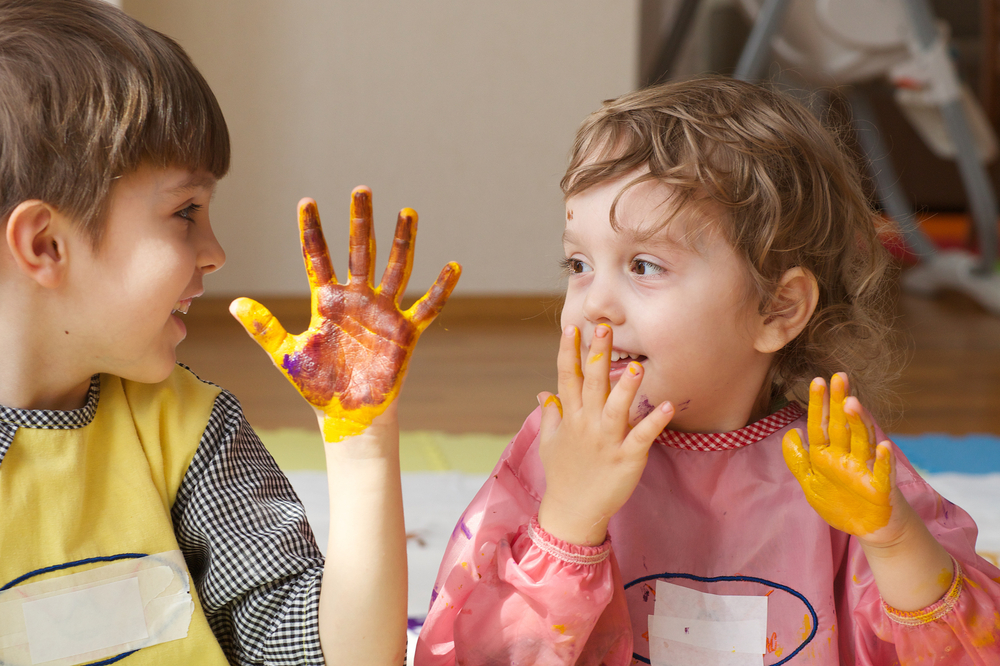Improve fine motor skills Worksheets for Ages 7-8
3 filtered results
-
From - To
Enhance your child's fine motor skills with our engaging worksheets designed specifically for ages 7-8. These printable resources will help improve hand-eye coordination, dexterity, and overall motor control through fun activities like tracing, cutting, and coloring. Each worksheet is crafted to suit the developmental needs of young learners, ensuring both challenge and enjoyment. By providing a variety of tasks that spark creativity and learning, children will gain confidence in their abilities. Our worksheets are perfect for both home and classroom settings, allowing parents and educators to support their child's growth in essential skills. Start fostering fine motor development today!
Improving fine motor skills in children aged 7-8 is vital for several reasons, making it a significant focus for parents and teachers. At this age, children are developing skills essential for daily tasks and academics, particularly writing, drawing, and using tools. Enhanced fine motor skills lead to better handwriting, as control and dexterity improve, fostering confidence and academic success.
Moreover, fine motor skills are pivotal for tasks such as tying shoelaces, buttoning clothes, and self-feeding, which contribute to a child’s independence and self-esteem. Engaging in activities that develop these skills—such as arts and crafts, puzzles, or playing with construction toys—also stimulates cognitive development, as coordination and concentration abilities are interconnected.
Socially, children with well-developed fine motor skills are often better equipped to participate in group activities, fostering teamwork and communication. Additionally, honing these skills lays the groundwork for future learning activities, including playing musical instruments or participating in sports.
By prioritizing fine motor development, parents and teachers can support children's overall growth, equip them for future challenges, and instill foundational skills that impact all aspects of life, ultimately helping them thrive both academically and socially.






















